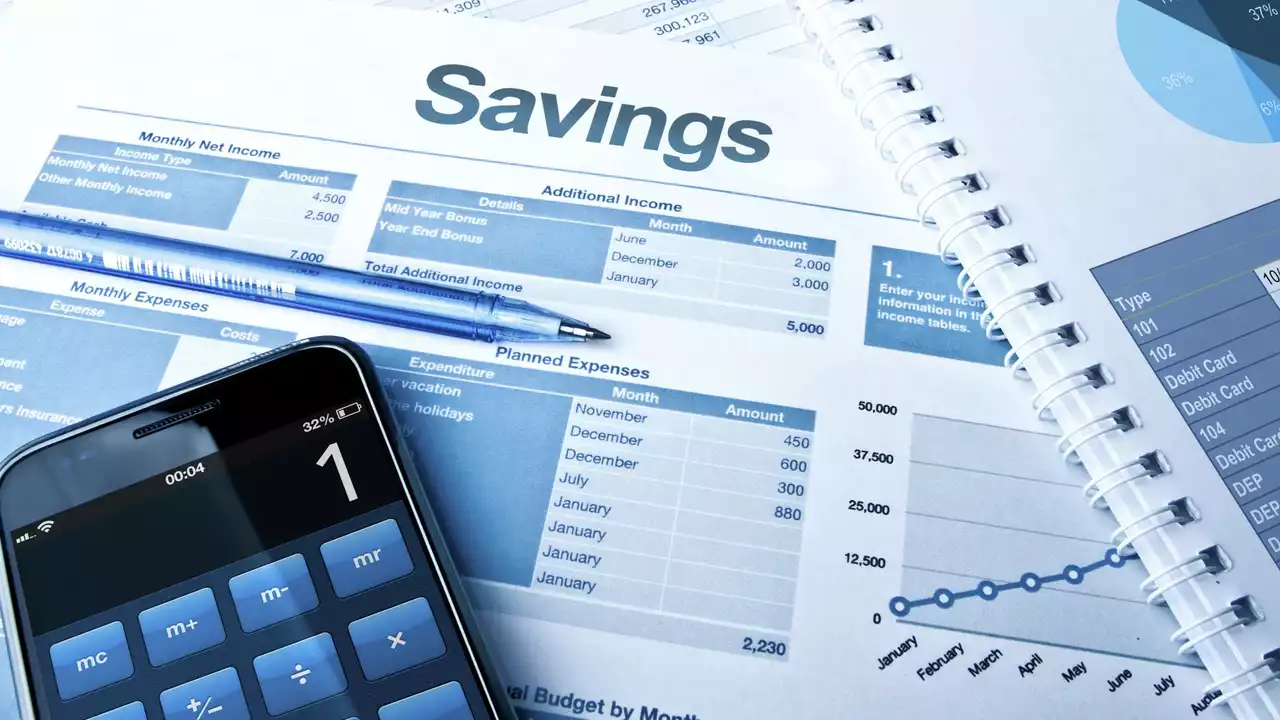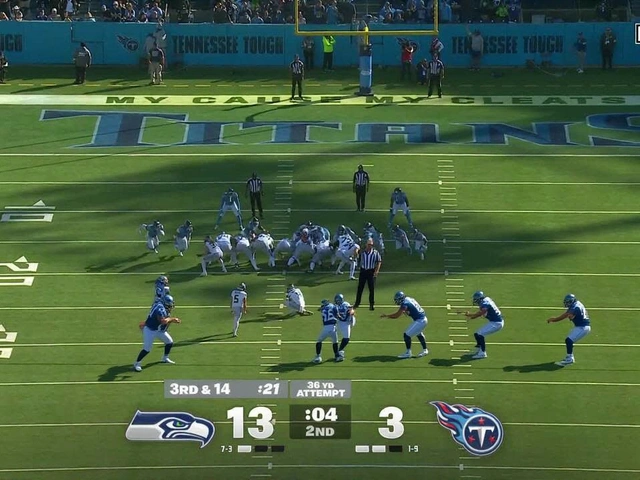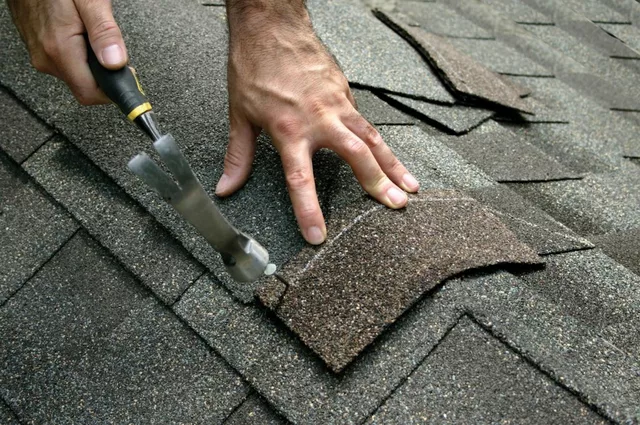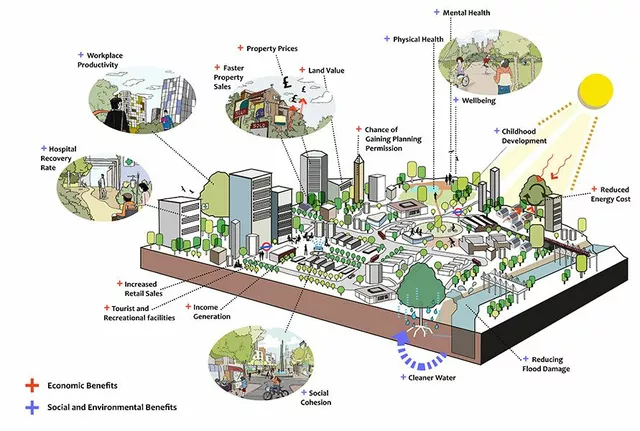Understanding the Essentials of Home Maintenance
Let's set the stage with an all-too-familiar concept: owning a home is akin to having another child. Yes, you've read it right. Just as a child needs constant attention, education, nourishment, and a lot of love, so does your home. If that sounds surprising, then you and Percival are about to embark on an enlightening journey on the roller coaster that is home maintenance. And hold on tight, it's gonna be a wild, but gratifying, ride.
Just as I always say, home maintenance is like brushing your teeth. If you do it regularly, you prevent cavities - or in home terms, hefty renovation expenses. Think of these maintenance costs as preventative measures to keep your home healthy and functional.
Doing the Math: General Rule of Thumb for Sprucing up Your Homestead
Even though I am a firm advocate of personalizing your budget based on your living conditions, a general rule of thumb does exist. Many experts suggest to budget 1 to 4 percent of your home's purchase price annually for maintenance and repairs. It's like a spoonful of cough syrup - easy to swallow, but definitely necessary. If your home cost $200,000, this means putting aside $2,000 to $8,000 each year. Sure, you could risk it and skip on the budgeting, but you might end up with the homeowner’s equivalent of a dental cavity – a leaking roof, perhaps?
The Age and Condition of Your Home Matters
A home, like a fine cheese, stands the test of time. However, it also carries the weight of that time. If your home is more than 25 years old, the maintenance costs are likely to be higher. In contrast, a newer house, just like a freshly-made mozzarella, tends to require less immediate attention. That said, don't let a shiny exterior fool you. Even new homes can have problems like poor construction or extensive ground movement. After all, even cheese can mold. The underlying lesson here is to be prepared to budget more as your home ages, just as you would do for a good, ageing blue cheese.
Location, Location, Location: Your Environment's Role
The surrounding environment, much like the snow, rain or sunshine that affects your mood, impacts your home as well. If you live in an area prone to severe weather or natural disasters like floods or earthquakes, you're sure to witness more wear and tear, resulting in higher repair expenses. Think of your home as a person bracing through a snowstorm without a jacket. Over time, the person is bound to catch a cold, cough or worse. Similarly, your home will require additional maintenance to combat these harsh conditions, like a good, warm jacket to weather the storm.
The Intricacies of Major vs. Minor Repairs
Just like various diseases have their severity levels ranging from a common cold to something more serious, home repairs too range from subtle to significant. Minor repairs like a leaky faucet or a clogged gutter can be taken care of with minimal costs from your maintenance budget. However, a major repair such as bridge reconstruction, a roof overhaul, or dealing with termite damage could make you feel like you've been struck by a severe flu - hard to cope and heavy on your pocket.
Minor and major repairs often strike at different intervals. While you may need to address minor issues every year, major repairs tend to pop up every decade or so. It's a bit like visiting the dentist - whether for a tiny cavity or a root canal, it's an appointment you can't really afford to miss! Plan your budget accordingly, and you won't be caught off guard.
Everyday Practicality: Saving on Maintenance Costs
Let's be real. A bloated budget can sometimes feel like that too-tight pair of jeans after the holiday season. Naturally, one aims for a cost-effective yet practical plan. Here are a few tips to help you do just that:
- Stay Ahead of the Game: Regular inspections enable you to keep tabs on potential problems. An issue caught early can save you a ton of money in the future. It's like detecting a little tooth sensitivity before it becomes a major cavity.
- DIY (Do It Yourself): If you find some repairs within your skill set, why not give it a shot? YouTube tutorials are a gold mine for DIY enthusiasts. You'll be surprised by how much you can achieve with a little elbow grease. But remember - be honest with yourself about your capabilities. You don't want a bathroom flood on your hands!
- Quality is key: While it might be tempting to keep costs low by settling for lower quality materials or cheaper contractors, it could cost you more in the long run due to frequent repairs. Think long term and invest in quality.
In the end, owning a home is a lot like owning a big, cuddly pet. It requires attention, care, quick actions when it's under the weather, and of course, love. Budgeting smartly and regularly can make the journey of home ownership a joyous ride. Remember, a well-kept home results in happy occupants - and that kind of happiness is priceless.



